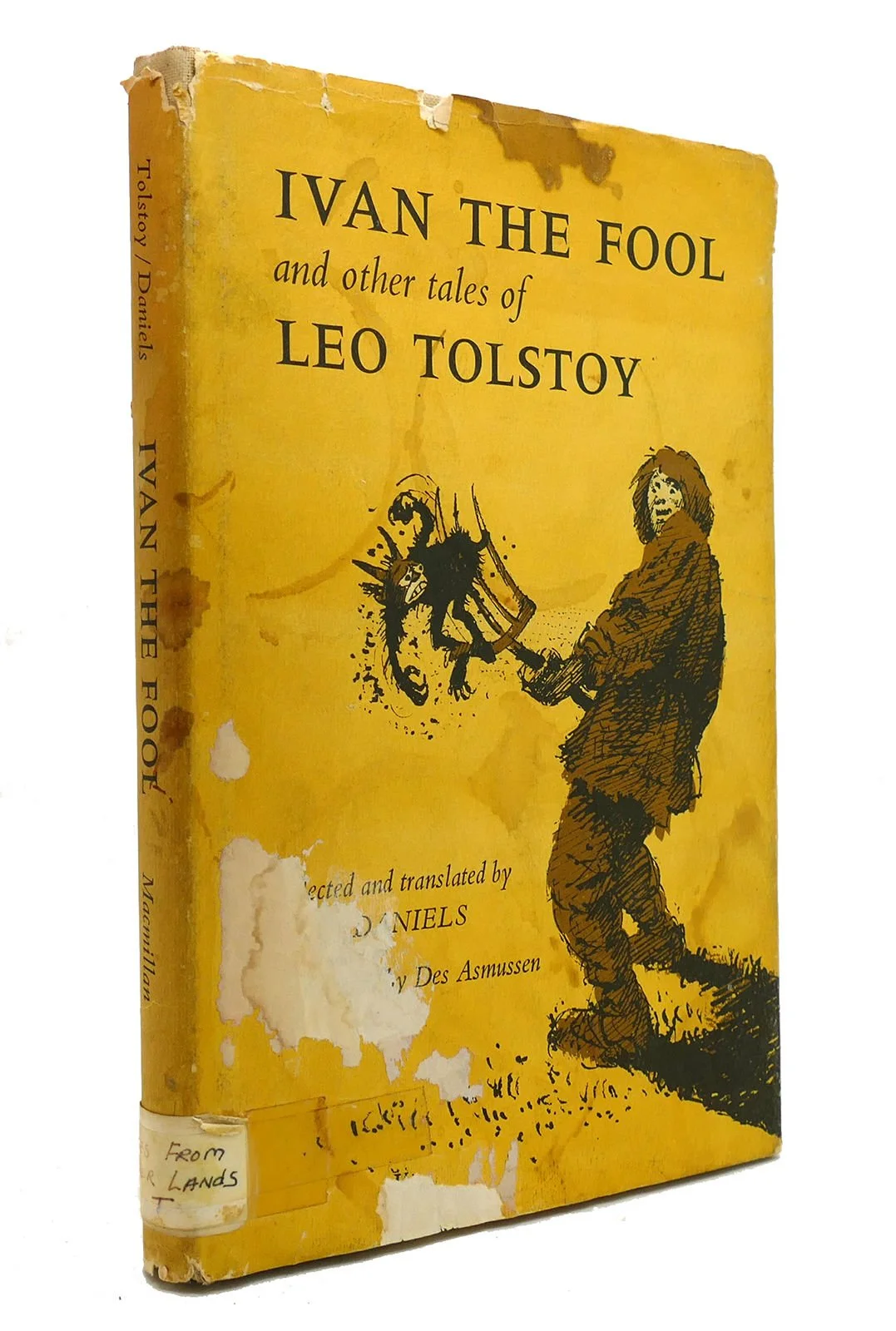How fairy tales shape us
Thanks to my colleague Tim Bradley for discovering an article about the formative impact of fairy tales.
The authors apply their research to hypothesize about the surprisingly successful Ukrainian resistance. They argue that, in Ukraine, children grow up hearing bedtime stories about characters who persevere against long odds. They follow a classic Hero’s Journey, using their savvy and persistence to emerge triumphant.
In contrast, protagonists in Russian fairy tales tend to prevail through the intervention of a magical being. One popular character in particular, Ivan the Fool, basically sits around all day being dumb and lazy, but eventually succeeds thanks to miraculous occurrences, while his hard-working and much smarter older brothers meet ultimate failure.
The authors argue that the kinds of stories we hear as children unconsciously influence how we see ourselves, how we understand the world, and how we approach challenges in our adult lives.
They go on to argue that this may explain why the Russians are getting their hats handed to them in Ukraine right now. (Although if one is being argumentative, one could look at World War II, when Russian forces fought bravely and against long odds against the Germans. Those soldiers probably grew up hearing many of the same fairy tales as the Russian soldiers today, who are performing much less well and much less heroically.
This has some implications for how we study consumers in market research. Do people see themselves as the heroes of their story, or victims, or just bystanders waiting for something to happen? Subtle metaphoric framings (e.g. “I am coming up on retirement” vs. “Retirement is sneaking up on me.”) can reveal a lot.

